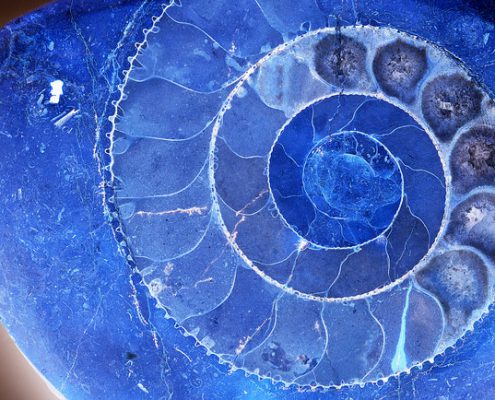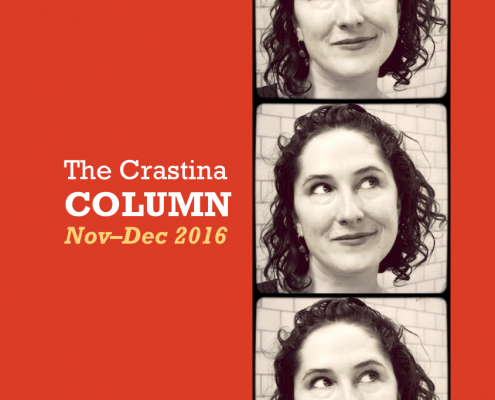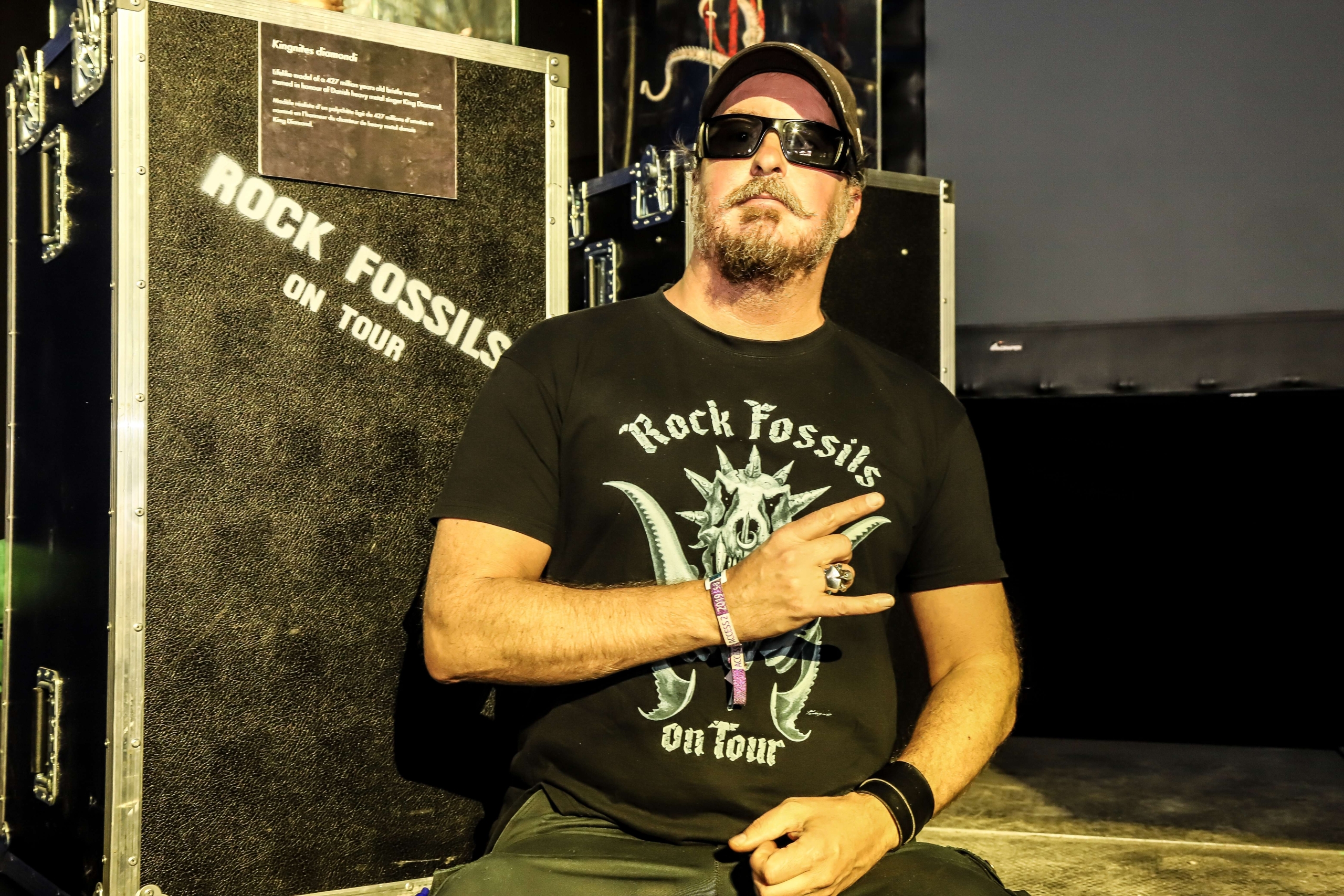Crastina is a platform for the exchange of experience, knowledge and inspiration regarding both scientific peer-to-peer communication and science dissemination
- What? An international network of (mostly young) people who love to communicate science & tech.
- Why? We think science needs to be communicated with more passion and professionalism.
- Where? On our website with interviews & resources + on social media + on Skype and IRL.
- Who? A content group (the Crew), a think tank (the Academy), + lots of friends & contacts.
- When? Right now – as a matter of fact, we’ve just geared up.

Girls in STEM: brain, farts, and a female science comedian
The forthcoming science comedy show for girls, Science with Sophie, has a simple message: any girl can find science around her, and be a brave, curious, silly and smart scientist. Crastina’s Julia Turan had a chat with the creator Sophie…

The Colour Blue – an interdisciplinary symposium
A symposium on the topic of The Colour Blue – interdisciplinary, rather than multidisciplinary. This will be taking place on Saturday 19 November at the Bath Royal Literary and Scientific Institution.
Crastina had a chat with the project…

The Crastina Column, November/December: Great presentation ≠ bad science
How come researchers who are great presenters often are disregarded as bad scientists? Adria LeBoeuf, multi-disciplinary scientist and communications evangelist, thinks there has to be an end to the social punishment of clear and passionate…


















